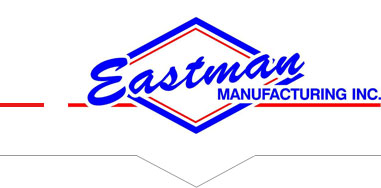The Humble Process Tank: The Backbone of Many An Industry
Process tanks are, in essence, general industrial storage. Because ‘process tank’ is a very broad term covering a variety of active and passive functions that can be expected of them, such tanks vary in specification, size and capability enormously.
Process tanks are used in any industry which requires short or long term storage, requires blending or mixing a concoction – perhaps under pressure. Process tanks, also called process vessels, are usually required to meet a number of time, pressure, temperature, environmental and other requirements.
Process tanks are made from a variety of materials and their design can vary greatly too.
Some industries that use process tanks as integral pieces in their production process are chemical processing, cosmetics, oil, plastic, power generation, water application and many more besides.
When considering a process tank for your facility, the biggest factors are the volume of the tank and its dimensions/configuration. Tanks can be positioned horizontally or vertically, and which is best suited for your specific needs depends on the conditions required for the material to stored and any processes that are to be completed in the tank.
Process tanks can be either single or double-walled. Double-walled tanks are essential if they will be used for storage or processing material under high pressure. That said, single walled tanks are more common, being sufficient for ordinary storage.
What material the process tank is made out of depends on its intended purpose too. Construction material is chosen on the basis of corrosion-resistance, reactiveness with the material intended to be stored, sufficient strength, and if there is any particular shape the tank must adhere to. Process tanks can be made from: fiberglass-reinforced-plastic, which is ideal for shaping the tank, is light, strong and resists corrosion; stainless steel tanks are strong, but their design is likely to be limited to ensure strength; steel tanks are common too, but users ensure that it doesn’t propagate an unintended reaction with the material stored inside; titanium is used when tanks must sustain extremely high temperatures and pressures.
Process tanks used in the pharmaceutical, food and beverage and chemical industries often include an inner lining which is designed to prevent undesirable reaction between the material stored and prevent rust and corrosion to the tank itself.
Process tank manufacturers must adhere to standards and specifications set by industry. These advise on not only design and performance parameters of the tank, but also include environmental impact, safety redundancies, and any industry-specific regulations that may exist.






